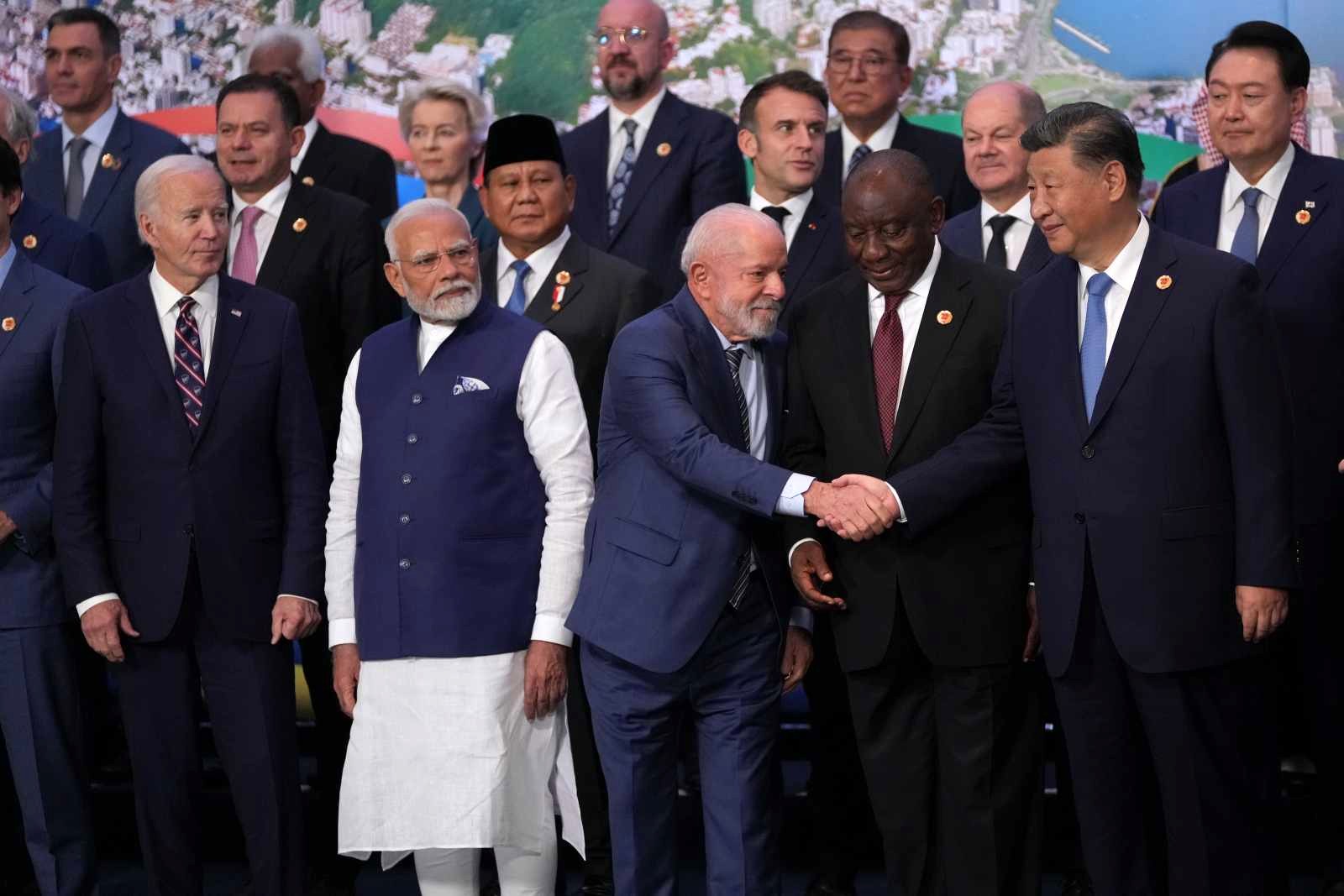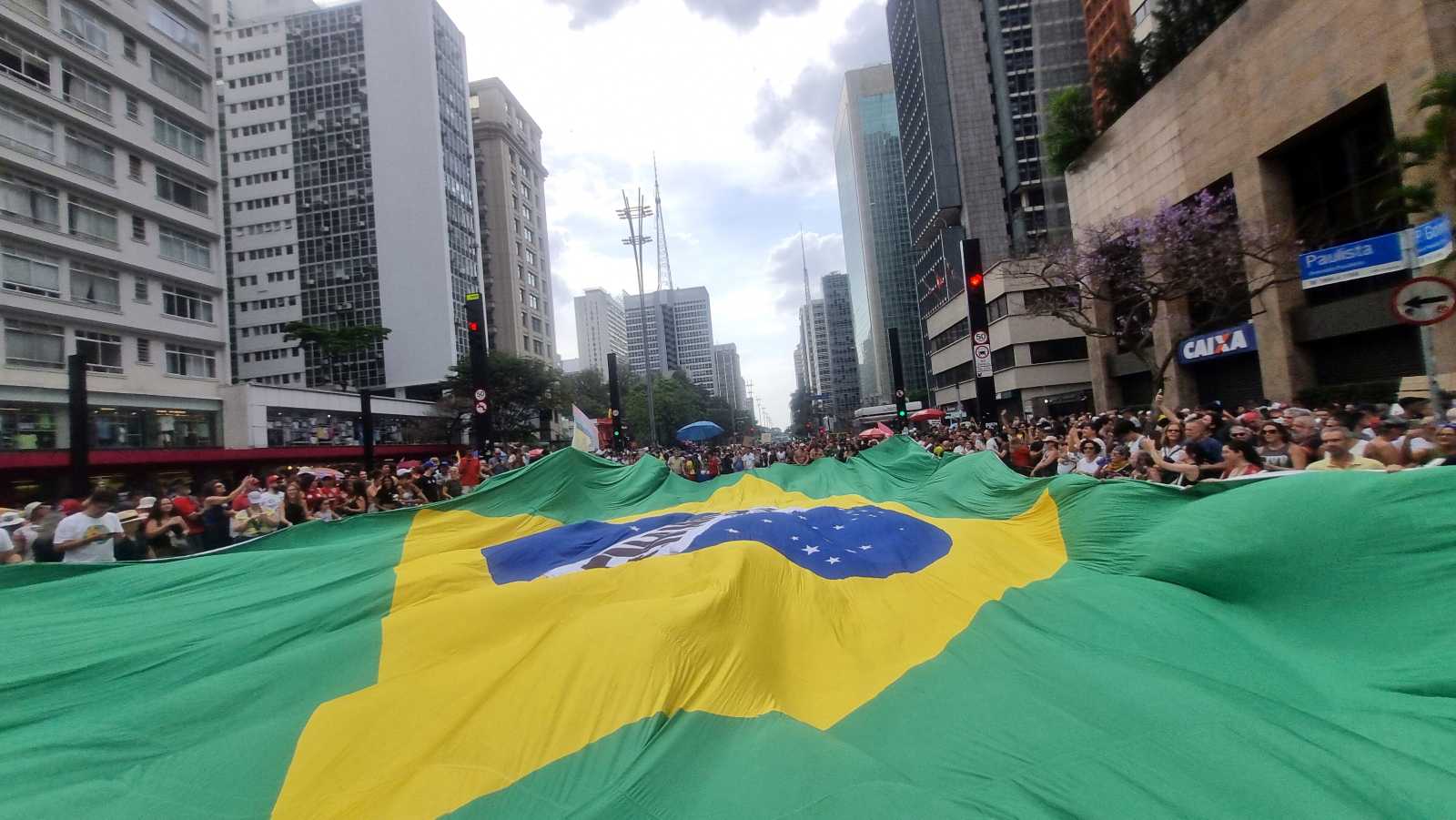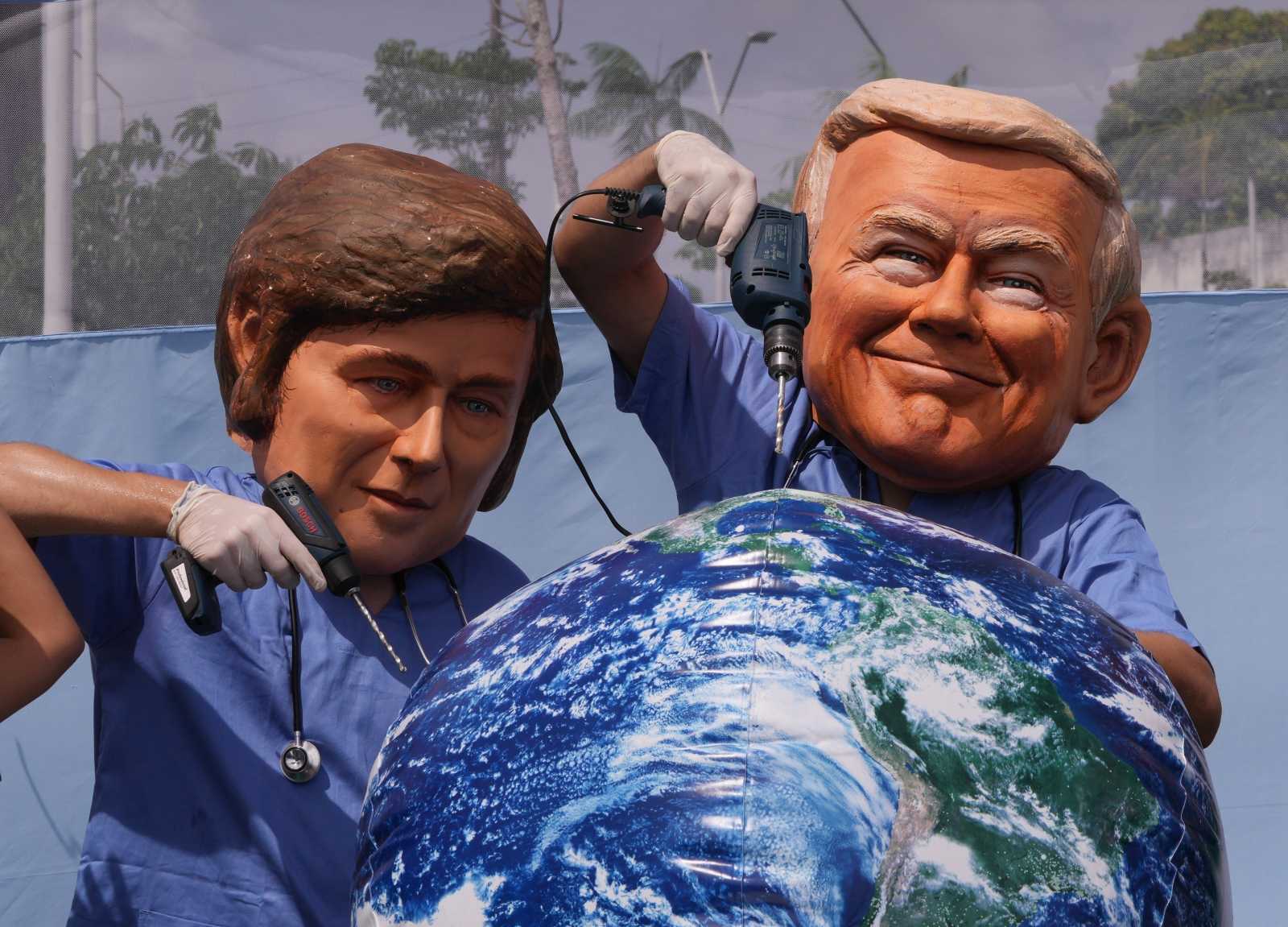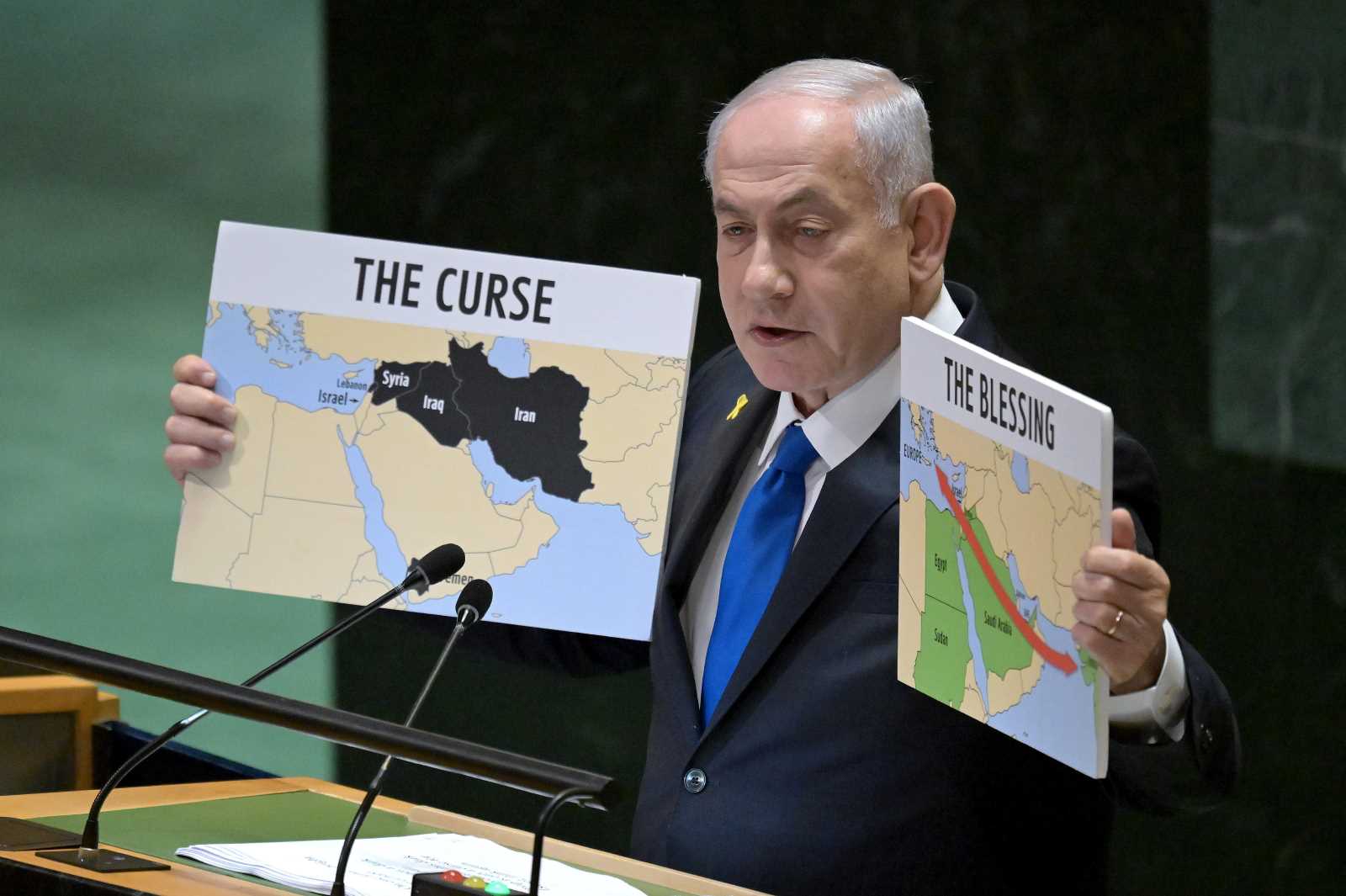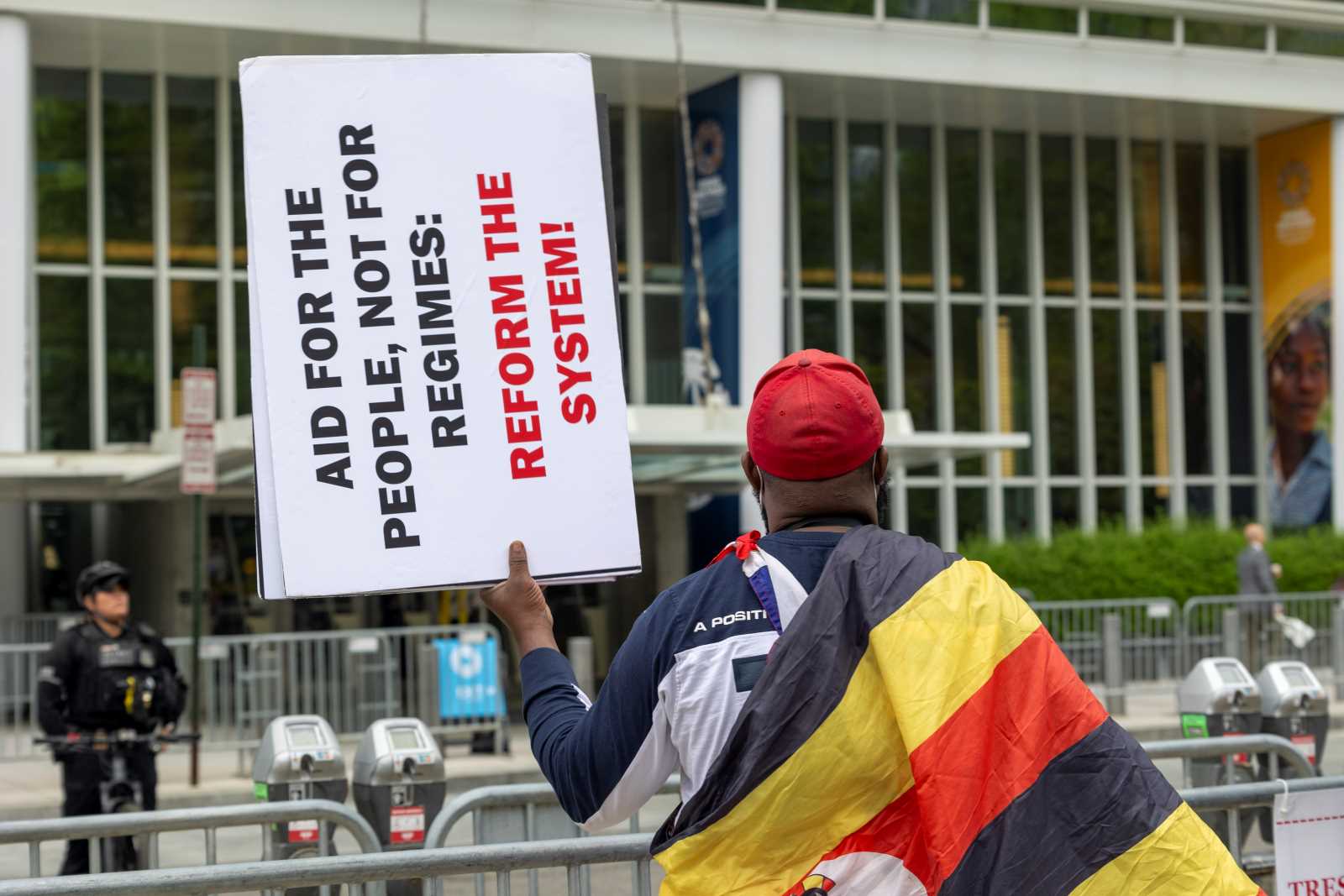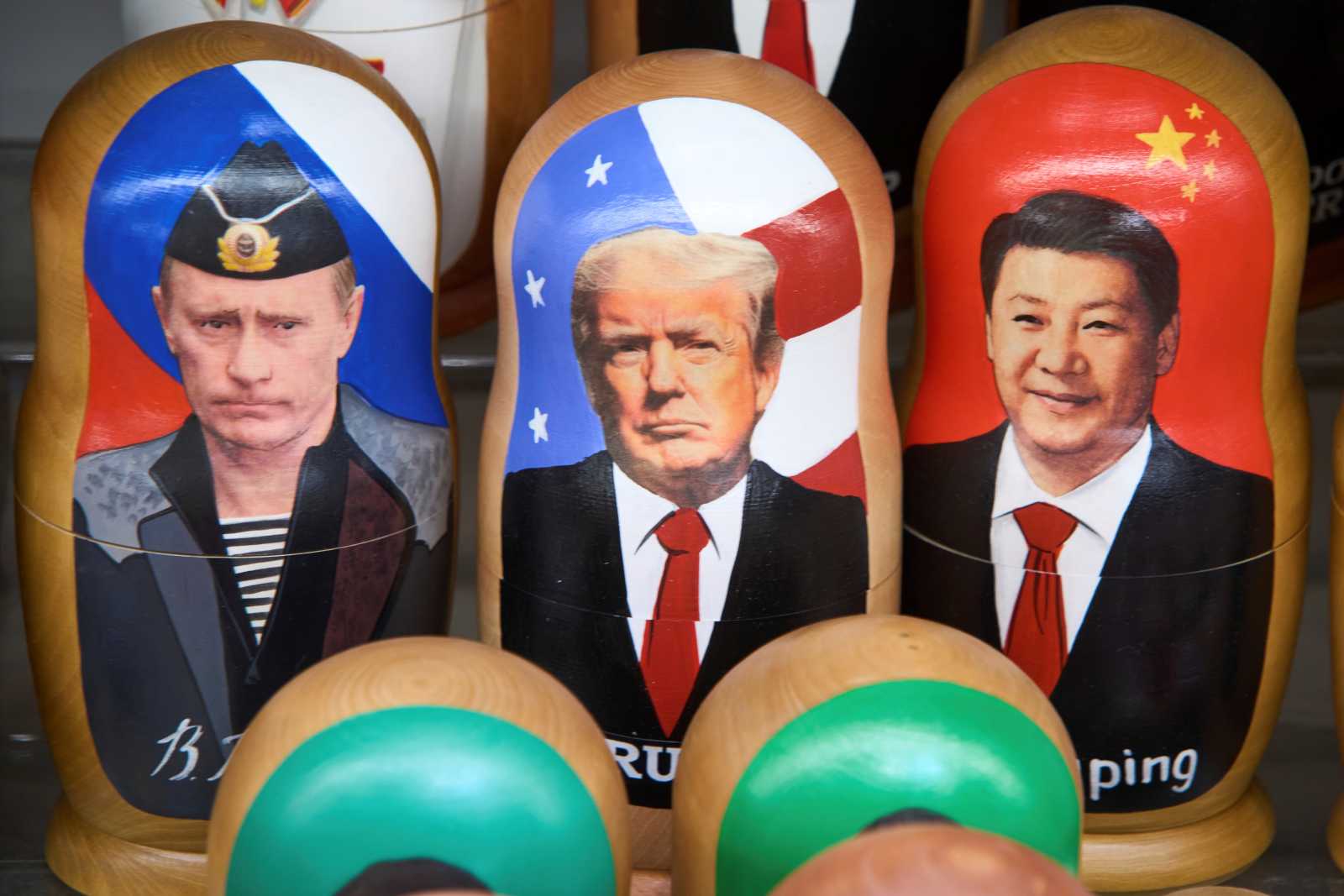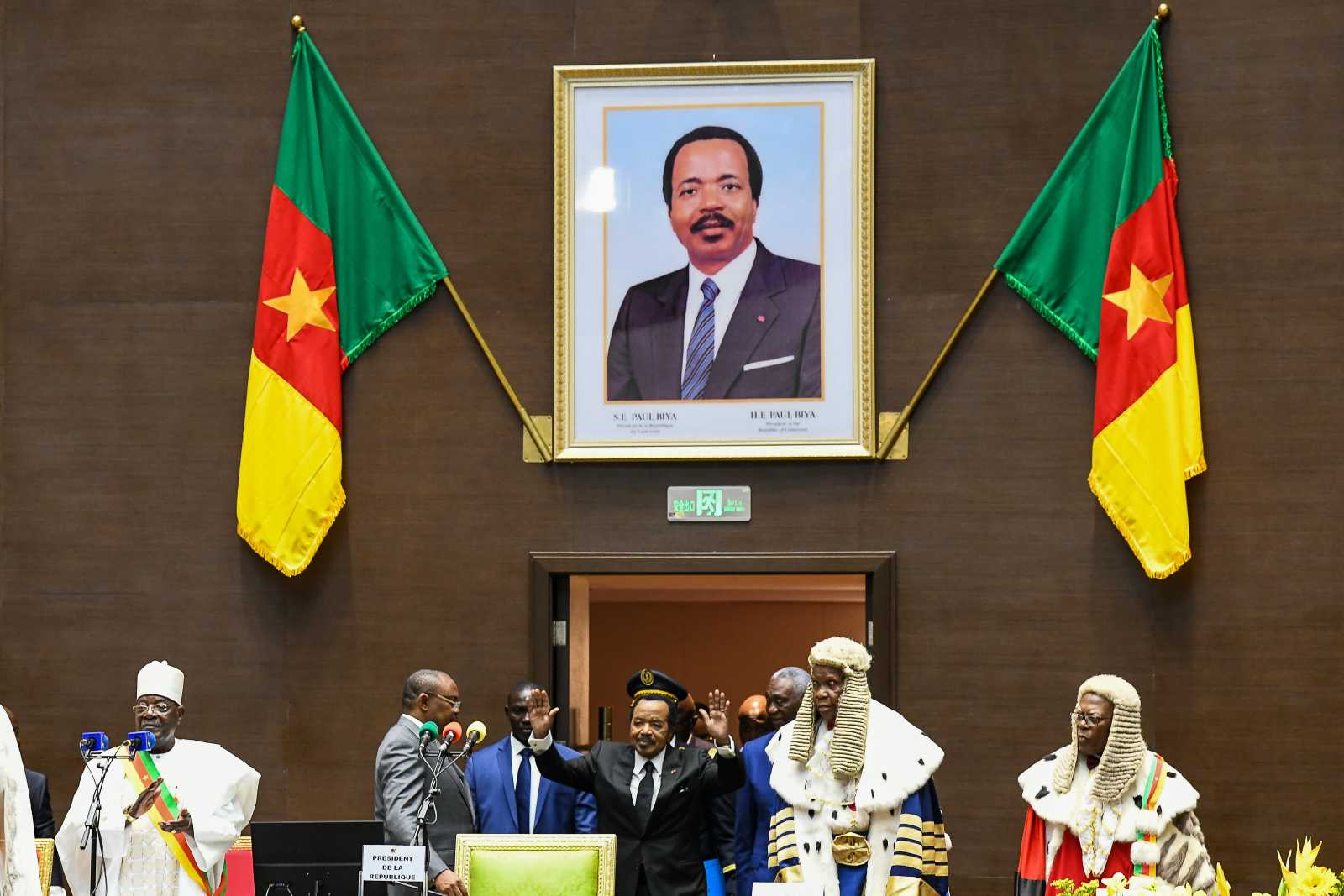International cooperation
Brazil continues to campaign for climate action and cooperation
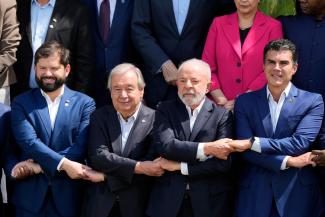
In the midst of a seriously disillusioned global climate debate, Brazil recently announced some positive news: deforestation in the Brazilian Amazon has hit its lowest level in over ten years. As delegates from around the world gathered for COP30 in Belém – where, ironically, rainforest was cleared to make way for infrastructure – the host country reported progress on protecting tropical rainforests.
Of course, this is still too little given the challenges the Amazon faces. In some cases, the Brazilian government is actually thwarting its own efforts – drilling for oil is soon to begin near the mouth of the Amazon River, for instance. All the same, the political will is there, and things are moving in the right direction – and that hasn’t always been the case. President Luiz Inácio Lula da Silva has declared his goal of completely halting deforestation in Brazil by 2030. He took advantage of the stage offered by COP30 to mobilise international funding for a new “Tropical Forest Forever Facility” to make billions available to protect forests worldwide.
At the international level, Brazil is currently championing values that are being eroded elsewhere: climate action, multilateral cooperation, the rule of law. At the G20, the government urged for a global wealth tax of two percent to be levied on billionaires and pushed to accelerate international negotiations on the issue.
The country has also adopted an unequivocal stance against US President Donald Trump’s policies. In the summer, Brazil’s Supreme Court ruled that big tech corporations such as Meta, X and Google should be held accountable for users’ illegal content. If the law passes, platform operators will be required in future to proactively review and moderate content.
The trial of former President Jair Bolsonaro even sparked open conflict with Trump, who attempted to prevent Bolsonaro’s conviction. In late July he imposed sanctions against a Supreme Court judge and hiked tariffs on Brazilian products to 50 %. The court nonetheless sentenced the ex-president to 27 years in prison for plotting a coup d’état.
So far, Brazil’s strategy seems to be working: its firm stance vis-à-vis Washington has driven up Lula’s approval ratings, while Trump even signalled recently that he was willing to hold talks.
“Brazil must be respected,” Lula announced in July in response to Washington’s threats. The country is still beset by a whole host of challenges – crime, inequality, corporate power and the fossil industry, threats to the Indigenous way of life, social polarisation. Yet it’s worth keeping an eye on this South American country, especially at a time when the international order is shifting and democracies across the world are under pressure.
Eva-Maria Verfürth is the editor-in-chief of D+C.
euz.editor@dandc.eu
This story is part of The 89 Percent Project, an initiative of the global journalism collaboration Covering Climate Now.

